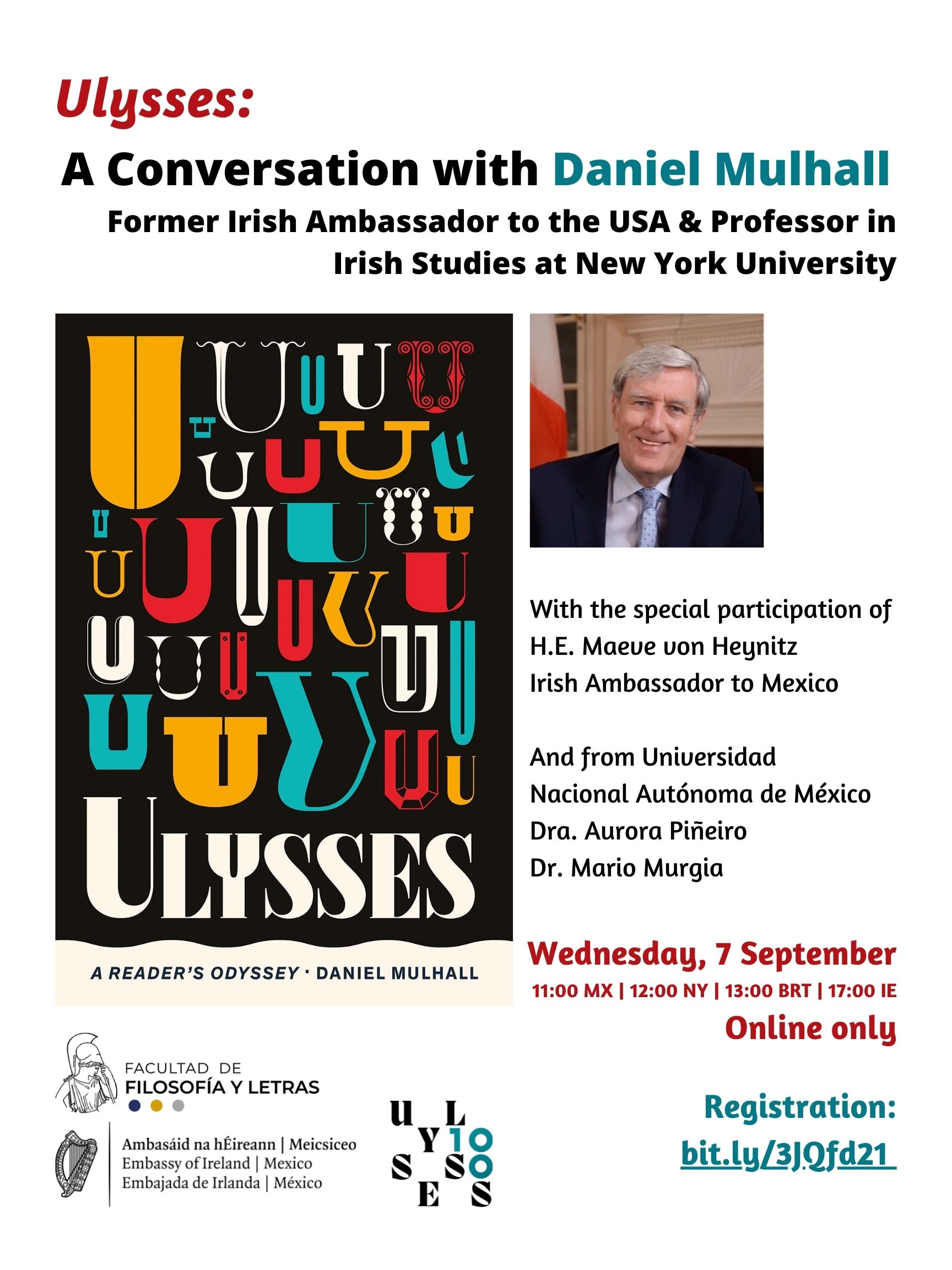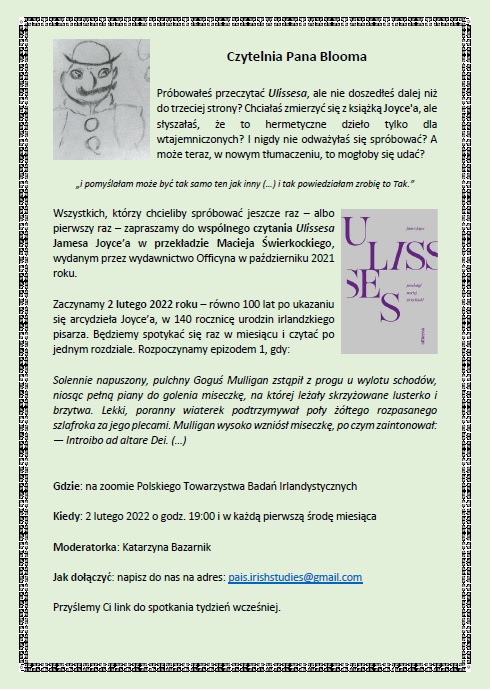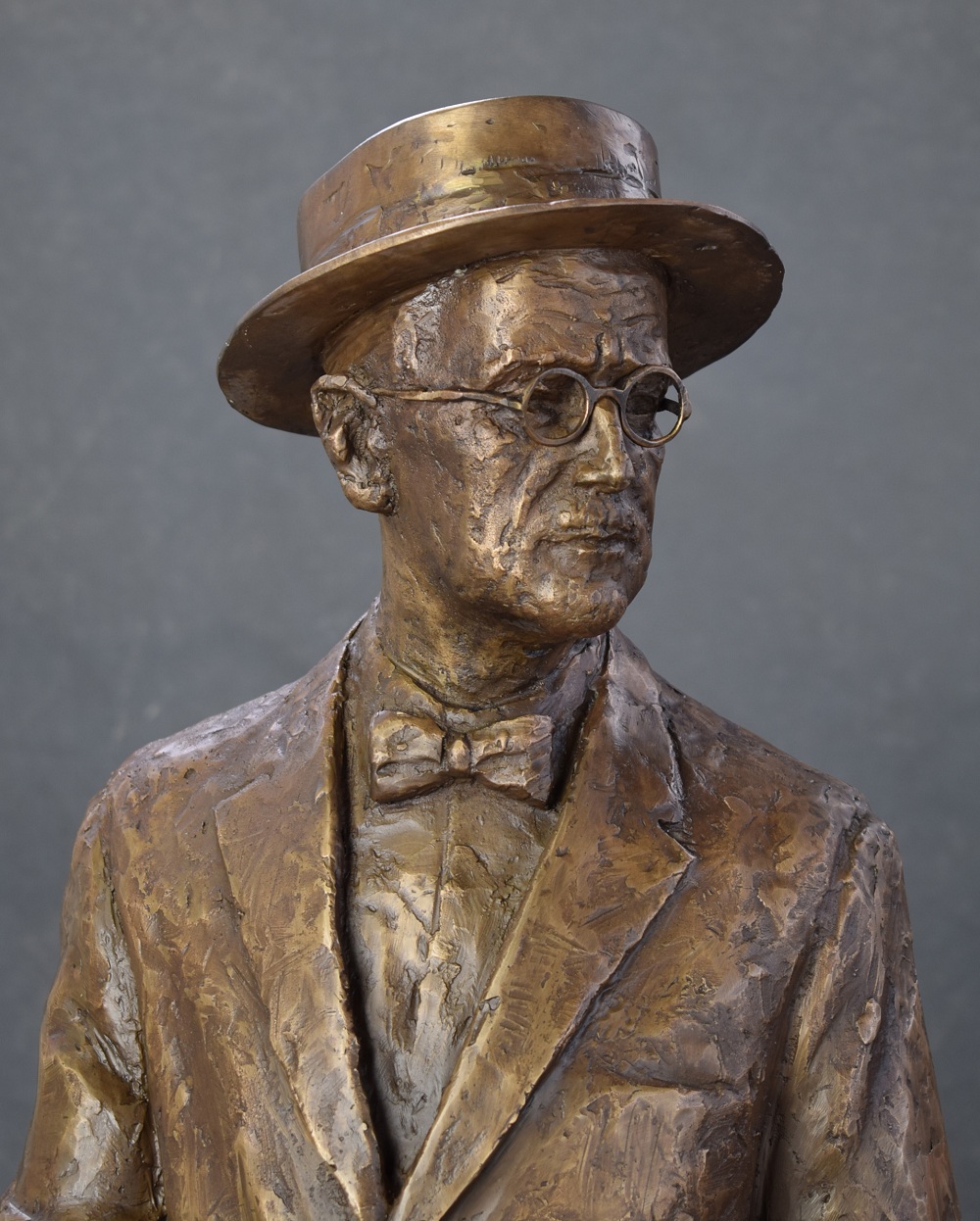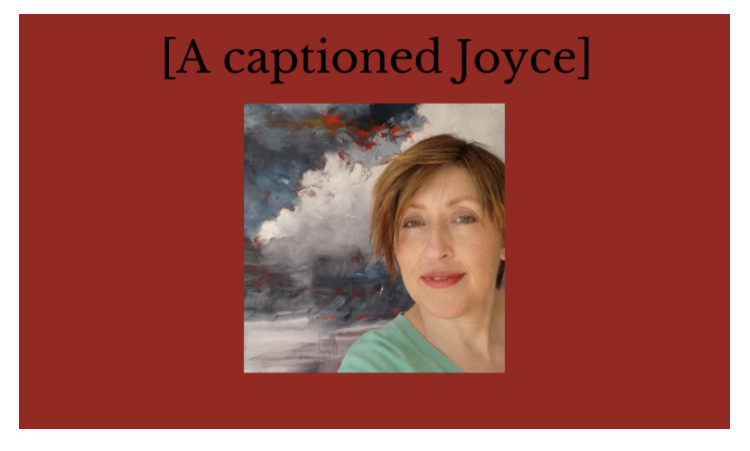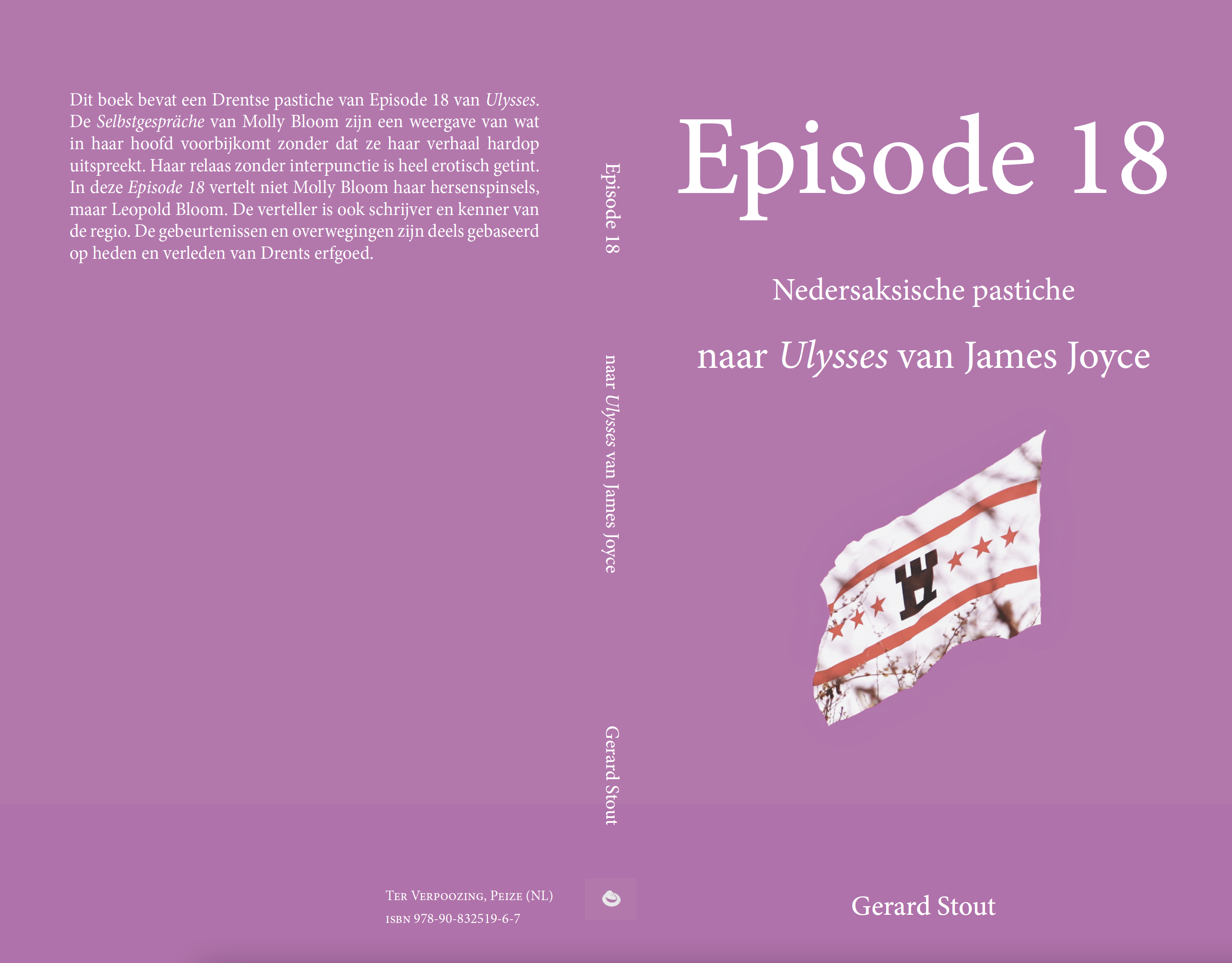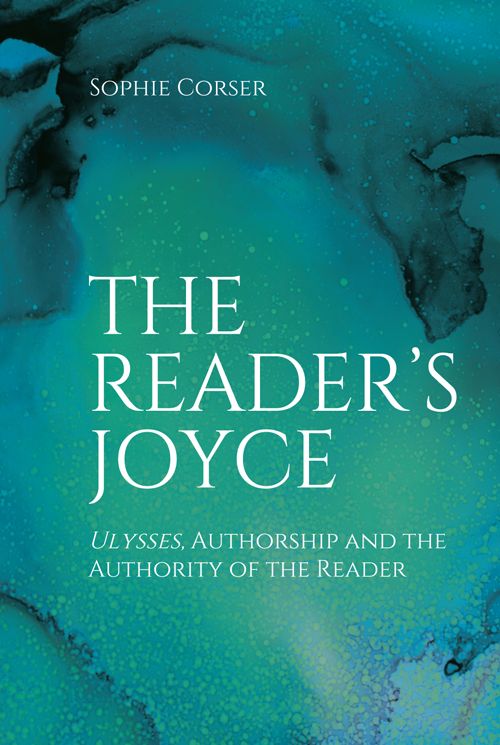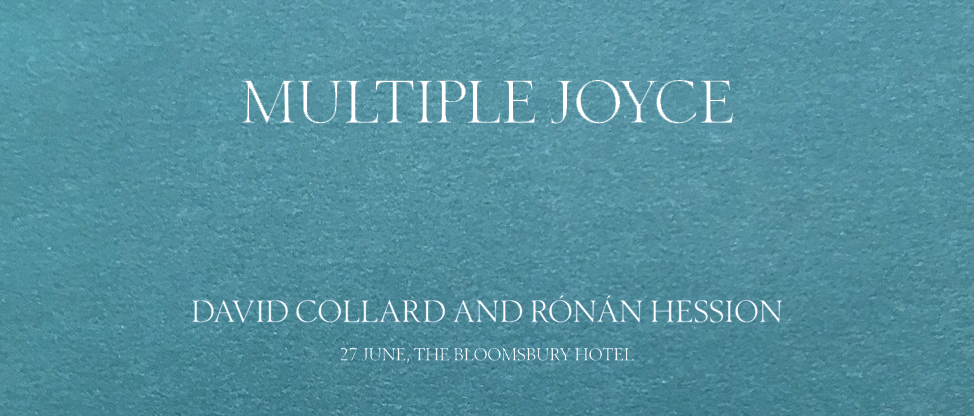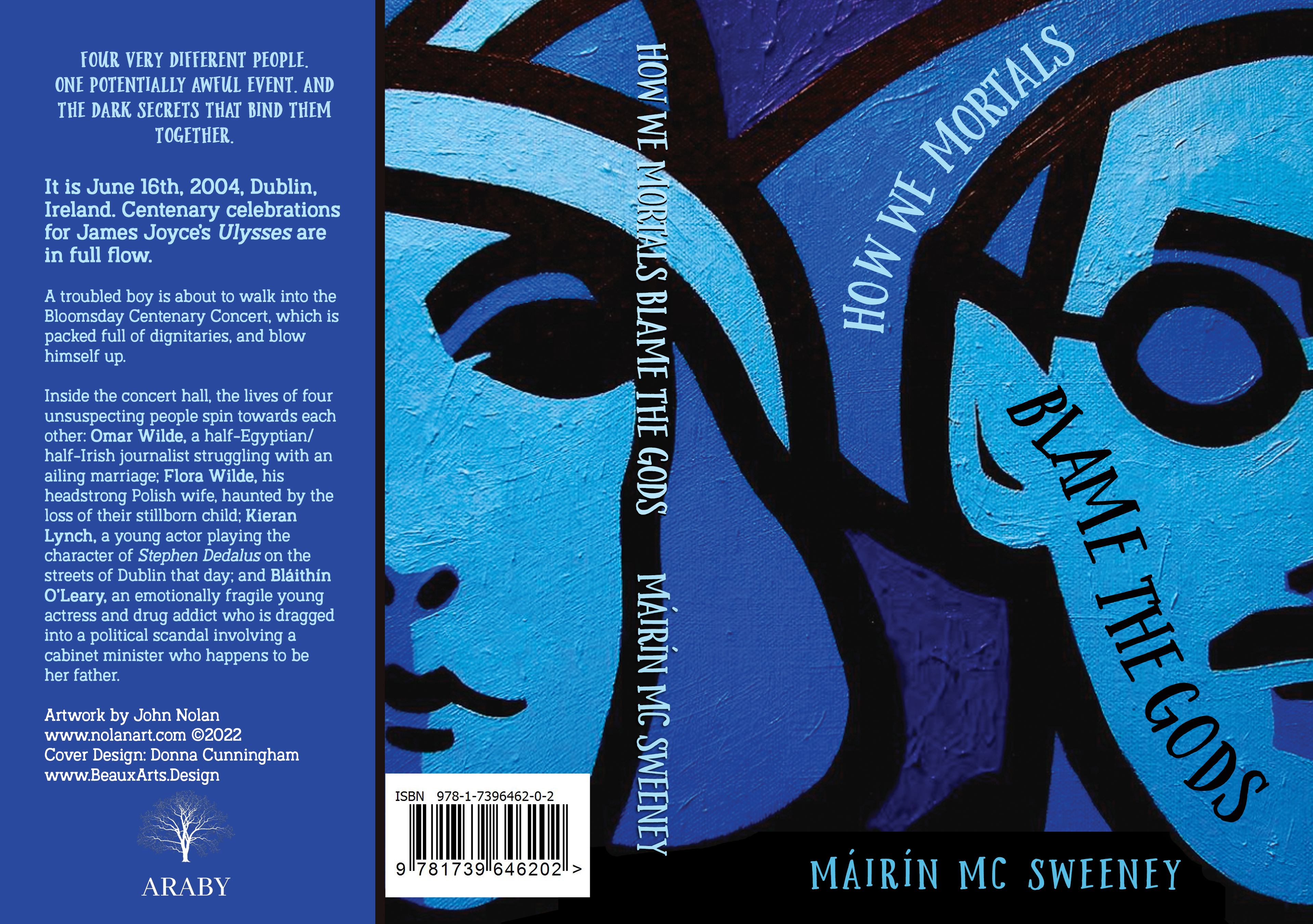BBC Radio 3 The Essay
Five Irish writers each take a passage from James Joyce’s Ulysses and, through a close reading, explore its meaning and significance within the wider work, as well as what it means to them. February 2022 marks the centenary of the novel's publication. Reading Ulysses is a famously challenging experience for most readers, so can our Essayists help?
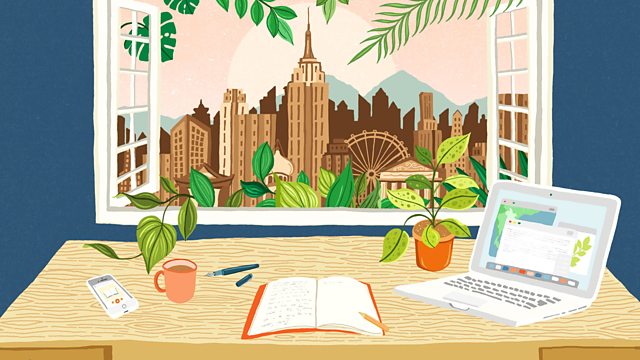
In the first essay of the series, award-winning Irish writer Anne Enright explores the first couple of pages of Joyce's epic. She examines the characters of Buck Mulligan and Stephen Dedalus - the two men we first meet at the top of a tower overlooking Dublin Bay. She tells us from where Joyce drew his inspiration in creating his protagonists and she reveals a little about how she first discovered the famous tome.
In the first essay of the series, award-winning Irish writer Anne Enright explores the first couple of pages of Joyce's epic. She examines the characters of Buck Mulligan and Stephen Dedalus - the two men we first meet at the top of a tower overlooking Dublin Bay. She tells us from where Joyce drew his inspiration in creating his protagonists and she reveals a little about how she first discovered the famous tome.
In the second essay of the series, young Irish writer John Patrick McHugh selects the fourth episode of the novel: Calypso. In it we encounter the novel's main character: Leopold Bloom. John gives us a close reading of its opening which sees Mr Bloom make breakfast for his wife and feed his cat. John says it's a chapter that "smells both of melted butter and defecation" and explores Joyce's unique description of a cat's miaow. He tells us about feeling lightheaded when he first encountered Ulysses and how his experience of the book has changed on re-reading it.
In the third essay of this series, acclaimed Irish writer Colm Tóibín talks about the role of songs and singing in the novel. He says that in early 20th-century Dublin, professional and amateur concerts and operatic singing flourished - and he argues that many of the characters in Ulysses are connected by music and song.
Colm selects a passage from the Sirens episode of the book which sees the character, Simon Dedalus, sing in his rich tenor voice. Colm examines the parallels between the character of Simon Dedalus and Joyce's own father, John Stanislaus Joyce - both good singers. Colm argues that all the "badness" in Simon "is washed away by his performance as singer" and he explores how the reverberations of Simon's song echo later in book.
In the fourth essay of the series, novelist and short story writer Mary Costello selects an excerpt from an episode full of questions and answers, known as Ithaca. The episode sees Leopold Bloom, the novel's main character, and his friend Stephen Dedalus walk back to Bloom's house in the middle of the night.
In the passage which Mary selects, Bloom has got home and turns on the tap to fill the kettle. Mary says that what follows is a "magnificent, bird's-eye view of the water's journey from County Wicklow" all the way through the city to the Mr Bloom's sink. Mary argues that Ithaca is compelling not just because of the maths, science and language contained within it but also because of the fuller picture it paints of Mr Leopold Bloom.
In the final essay of the series, novelist Nuala O'Connor chooses the last episode of the book - Penelope - which is the one Nuala discovered first. In Penelope, we hear Molly Bloom, the wife of the novel's main protagonist, speak to us.
In the extract Nuala selects, Molly lies in bed, top to tail with her husband. We hear Molly consider him and his antics - and muse on what husbands, and men in general, mean to her. Nuala examines some of her favourite phrases from the passage; she reveals some of the parallels she can see in Joyce's own biography; and she tells us why the novel's final words might prove the ultimate key to unlocking the book.
Producer: Camellia Sinclair
Find out more: https://www.bbc.co.uk/programmes/m00141tf
